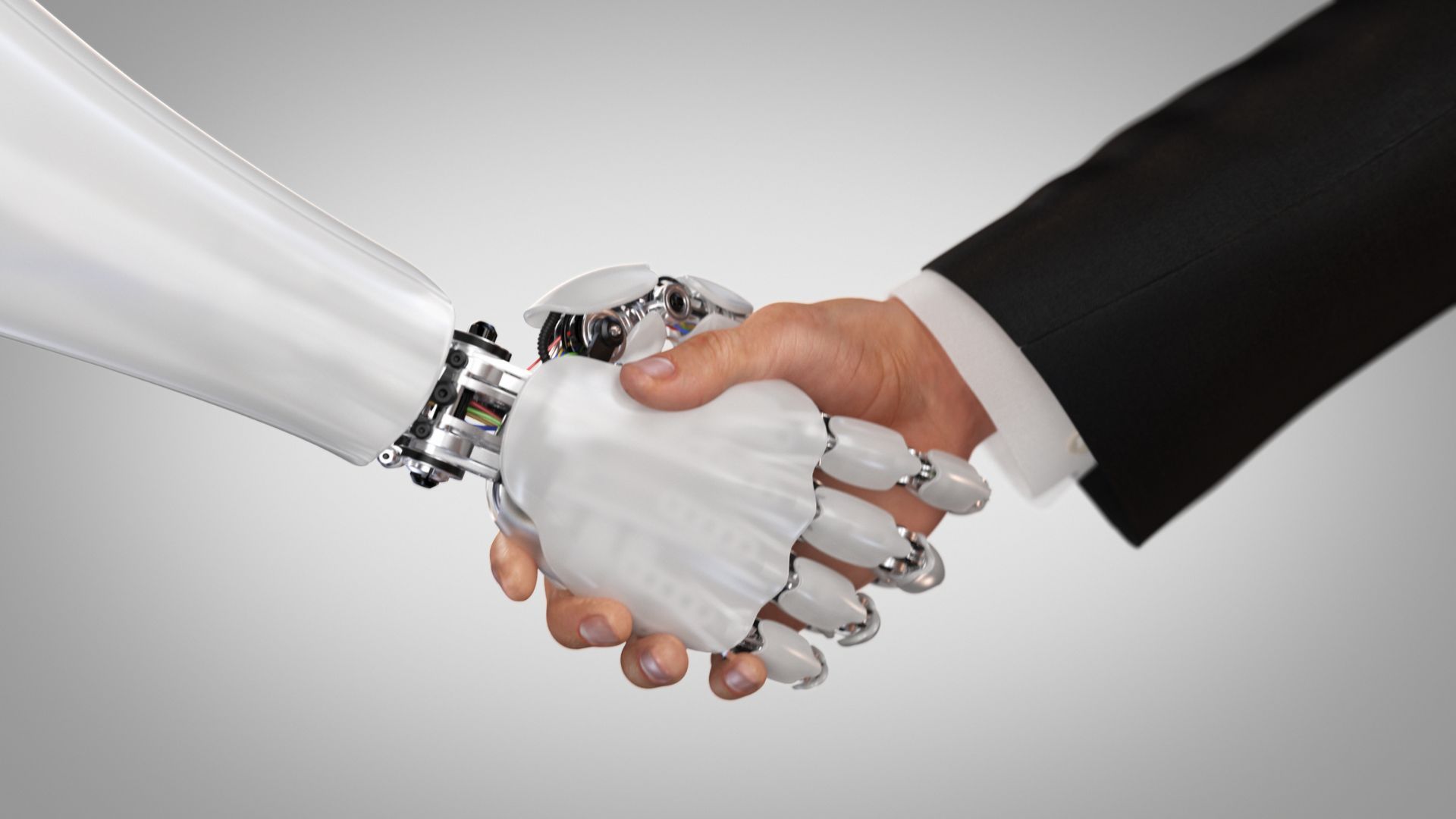Low unemployment and immigration levels force Queensland businesses to look interstate for workers
ABC News • February 27, 2023

A Brisbane barber shop is flying in workers from interstate because it cannot find staff in the Queensland capital.
Nimard Zahrah, CEO of a men's grooming chain with 13 stores in Queensland and New South Wales, said the business was paying for FIFO barbers' flights and accommodation, in addition to their wages, to keep the doors open."It's not the best thing financially, but we have to put someone in the store," Mr Zahrah said.
Mr Zahrah, who lives in Sydney, also travels to Brisbane to run the Indooroopilly shop.
He said his job ads had gone unanswered for three months.
"There's no-one applying. No-one," he said.
In Brisbane's inner west, a cafe in Ashgrove is grappling with the same problem.
"Unfortunately we've had to stop opening up at the night times due to the lack of staff," manager Sam Hinkley said.
"Throughout the past year, we've really struggled to find staff who will show up and do the job."
John Quiggin, an economics professor at the University of Queensland, said low-wage workers were in short supply.
"Although the borders have been open, the stock of backpackers is still small," Mr Quiggin said.
"The number of backpackers in the country is certainly a lot lower than it was before the pandemic began.
"With the labour market so strong, people who might have gone to work in [the hospitality] sector are finding better jobs elsewhere in the economy."
Belgian backpacker Huubinh Tran-Van said he recently had three job offers at once.
"As a backpacker, we always had been in the position that we feel like we need [the employers], and now after the COVID we feel like [the employers] need us," Mr Tran-Van said.
He said when backpackers first arrive in Australia, their focus is to travel."It is not the priority to find a job, or to be stuck in a professional job here."
Upward pressure on salaries
Finding staff is proving difficult In other parts of the economy too.
Ben Wheeler, the managing director of white-collar recruitment company People 2 People, blames a lack of immigration.
"It's a very good time if you're a candidate," Mr Wheeler said.
"Within a matter of weeks — sometimes days — they've got multiple job opportunities put to them.
"There's significant upward pressure on salaries and benefits."
Earlier this month, Australia's official unemployment rate fell to 3.5 per cent — the lowest level in 48 years.
But Mr Quiggins said that was yet to translate to higher wages.
"For a very long period of course, we've just tolerated high levels of unemployment, on the basis of fairly flimsy evidence that lower unemployment was going to drive inflation up," he said.
"We're not seeing any evidence at this stage of wage growth sufficient to be an independent cause of inflation, rather than just wages catching up with the general price of living."
Mr Zahrah said the barber shop had raised wages to attract workers and expects it will have to push up the price of a haircut.
He warned too much of a rise could hurt employment opportunities.
"If we have barbers and hairdressers being overpaid, then the businesses are not going to make money, and it just doesn't make sense to open more stores and create more jobs."
Mr Wheeler said casual roles were particularly difficult to fill and that rising salaries posed a challenge to employers.
"It's a huge pill to swallow if you're saying we have to do an increase across the board of 5 or 6 per cent. Sometimes we're seeing more than that," he said.
But Mr Quiggin said profits had risen "dramatically" in the past year.
"We've had a long period when the bargaining table has been stacked very much against workers," he said.
"The process of enterprise bargaining means employers can drag out the process, so the wages respond very slowly to demand.
"The flip side of that though, is people just deciding to go somewhere else with a better offer."
Good time to ask for a raise
The current job market favours candidates, making now a "very good time" to ask for a pay rise, according to Mr Wheeler.
"You don't have to wait until your annual review," he said.
"Don't get emotional about it, do your research, be considered, and definitely don't be afraid to ask."
Mr Tran-Van said he could now be more selective about jobs, opting for those with the best pay and working conditions.
"I feel like I don't have to struggle anymore," he said.
Mr Quiggin said he saw no reason why lower unemployment rates could not be sustained.
"Historical experience doesn't support the view that the economy needs 5 or 6 or 7 per cent of rates of unemployment to function, even though that was the operating assumption of macro policy for a long time," he said.
Find the job you love I Find the right talent
Get in touch with people2people
Australia
I
United Kingdom
In business since 2002 in Australia, NZ, and the United Kingdom, people2people is an award-winning recruitment agency with people at our heart. With over 12 offices, we specialise in accounting and finance, business support, education, executive, government, HR, legal, marketing and digital, property, sales, supply chain, and technology sectors. As the proud recipients of the 2024 Outstanding Large Agency and Excellence in Candidate Care Awards, we are dedicated to helping businesses achieve success through a people-first approach.






